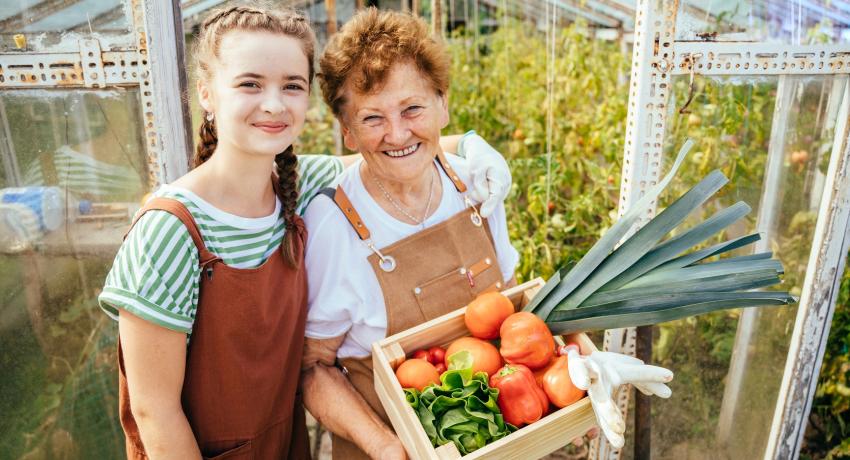The Washington State Department of Children, Youth, and Families (DCYF) launched new licensing standards that make it easier for relatives to become licensed caregivers, which provides additional supports to care for children and youth in foster care.
The new Kinship Licensing Standards — launched July 1 — include 50% less forms for applicants to fill out. The new standards also established a kinship home study with less questions than the current community foster care licensing process.
Prior to these standards, relatives were still able to get licensed, but many of the questions and forms were repetitive and did not apply to a kin-specific situation. This new process was tailored for relatives and removed barriers that often-discouraged them from attaining a license while maintaining the same level of safety for the children and youth involved.
“Kinship caregivers often face unique challenges that could be addressed if they got licensed,” said DCYF’s Assistant Secretary of Licensing Division Ruben Reeves. “By offering a process tailored for relatives, we can get more relatives licensed and give them access to consistent resources, training, and support so children in kinship care have the best possible chance at healthy development and long-term stability.”
DCYF’s main goals for the new standards were to:
- Create a simplified, streamlined process to license kinship caregivers
- Promote equity by taking steps to address systemic imbalances
- Make sure that all impacted groups and Tribal partners were part of creating new standards
Licensing is critical as it opens up opportunities for financial reimbursement, respite, and other supports that help meet the needs of the children and youth being served as well as the caregivers themselves.
Washington state is one of the leading states in the kinship space, adopting a kin-first culture early on to address the disparities faced by relatives who fostered. As of May 2025, nearly 59% of children in out-of-home care in Washington state are placed with kin, and 68.2% of those children are with a fully licensed kin caregiver, a number that the agency is hoping will grow as the new process is adopted.
“We know that children and youth in foster care do better when placed with relatives,” said DCYF Secretary Tana Senn. “They do better emotionally and developmentally and stay more connected to their communities and culture. These new standards are an effort to be more customer service oriented, to ensure stable placements and to show our support for those doing the incredibly important work of caring for our children and youth.”
View the new Kinship Licensing Rules and Kinship Caregiver Resources.

